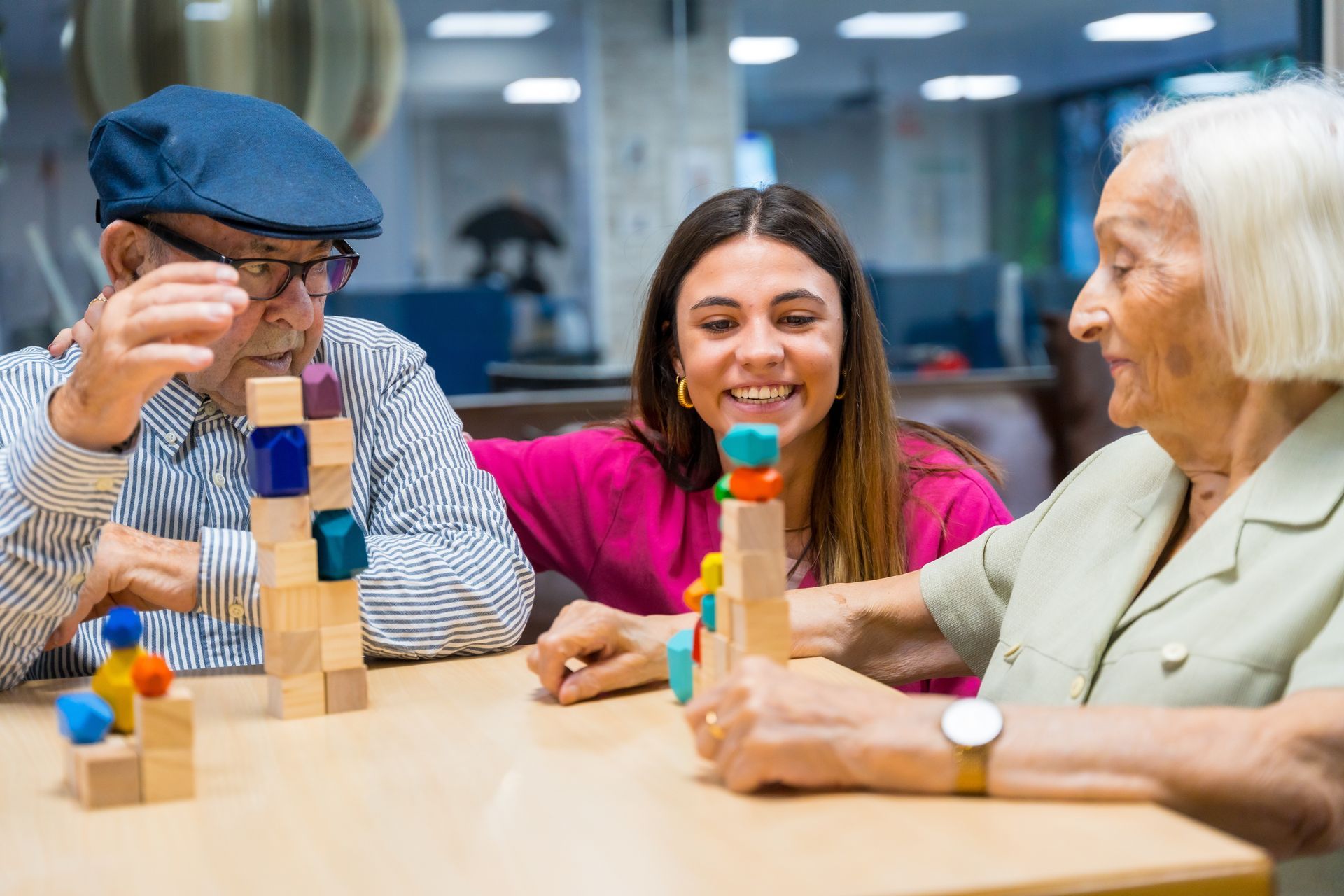BLOG
You’ve Been Diagnosed with Dementia - Now What?
Receiving a dementia diagnosis can be an overwhelming and emotional experience. It’s a moment filled with uncertainty as you begin to face the reality of what lies ahead. However, it’s important to remember that a diagnosis is not the end but rather the beginning of a new chapter in your life. Taking proactive steps now can help you navigate this journey with more confidence and control. Understanding your condition, building a support system, planning for the future, and focusing on maintaining your quality of life are essential components of living well with dementia. This article will guide you through these steps, providing practical advice and encouragement along the way.
Understanding Your Dementia Diagnosis
Dementia is a broad term used to describe a range of neurological conditions that cause a decline in cognitive function, affecting memory, thinking, and behavior. The diagnosis of dementia can come as a shock, but it’s crucial to understand exactly what it means. Dementia is not a specific disease but a symptom of underlying conditions that affect brain function. The most common types of dementia include Alzheimer’s Disease, Frontotemporal Dementia, and Lewy Body Dementia, each with its own set of symptoms and progression patterns.

Understanding the specific type of dementia you have been diagnosed with is vital for managing your condition effectively. Different types of dementia have different symptoms, treatment options, and progression rates, so knowing the details of your diagnosis can help you and your loved ones make informed decisions about your care. Take the time to learn more about your condition by asking your healthcare provider questions and seeking out reliable sources of information. Books, websites, and support groups dedicated to dementia can provide valuable insights and help you better understand what to expect in the coming months and years.
Building a Support System
One of the most important steps you can take after a dementia diagnosis is to build a strong support system. Dementia is a progressive condition, and having the support of family, friends, and professionals will be essential as you navigate the challenges ahead. Your loved ones can provide emotional support, help with daily tasks, and accompany you to medical appointments. Don’t hesitate to lean on them during this time, and be open about your feelings and needs.
In addition to family and friends, finding a support group can be incredibly beneficial. Support groups offer a space to share your experiences with others who are going through similar challenges. They can provide comfort, advice, and a sense of community, helping you feel less alone in your journey. Many organizations, both locally and online, offer support groups for people with dementia and their caregivers. Connecting with others who understand what you’re going through can make a significant difference in your overall well-being.
Planning for the Future
After a dementia diagnosis, it’s essential to start planning for the future. While it may be difficult to think about, addressing legal and financial matters early on can give you peace of mind and ensure that your wishes are respected as your condition progresses. Consider meeting with an attorney specializing in elder law to discuss important documents such as a durable power of attorney, living will, and healthcare proxy. These documents will allow you to designate someone you trust to make decisions on your behalf if you become unable to do so.
Long-term care options are also an important consideration. As dementia progresses, you may require more assistance with daily activities and medical care. Explore different long-term care options, such as in-home care, assisted living facilities, and memory care units, to determine what might be the best fit for you. It’s important to visit these facilities, ask questions, and make informed decisions based on your needs and preferences.
Maintaining Quality of Life with Dementia
Despite the challenges that come with a dementia diagnosis, it’s possible to maintain a good quality of life. Staying active, both physically and mentally, can help slow the progression of symptoms and improve your overall well-being. Engage in activities you enjoy, whether it’s gardening, painting, or taking walks in nature. Exercise has been shown to have numerous benefits for people with dementia, including improving mood, reducing anxiety, and enhancing cognitive function.

A healthy lifestyle is also crucial for managing dementia. Eating a balanced diet, getting enough sleep, and avoiding alcohol and tobacco can help keep your body and mind in the best possible shape. It’s also important to manage any other health conditions you may have, such as diabetes or high blood pressure, as these can impact your overall health and well-being.
Moving Forward
Receiving a dementia diagnosis is undoubtedly life-changing, but taking proactive steps can help you navigate the challenges ahead with confidence. Understanding your diagnosis, building a strong support system, planning for the future, and focusing on maintaining your quality of life are all essential components of living well with dementia. It’s important to seek out resources, ask questions, and involve your loved ones in your journey.
Assured Senior Living is here to support you every step of the way. Our experienced staff provides compassionate care tailored to your unique needs, helping you maintain your independence and quality of life. Contact Assured Senior Living today to learn more about how we can assist you in navigating your dementia diagnosis and planning for the future.















